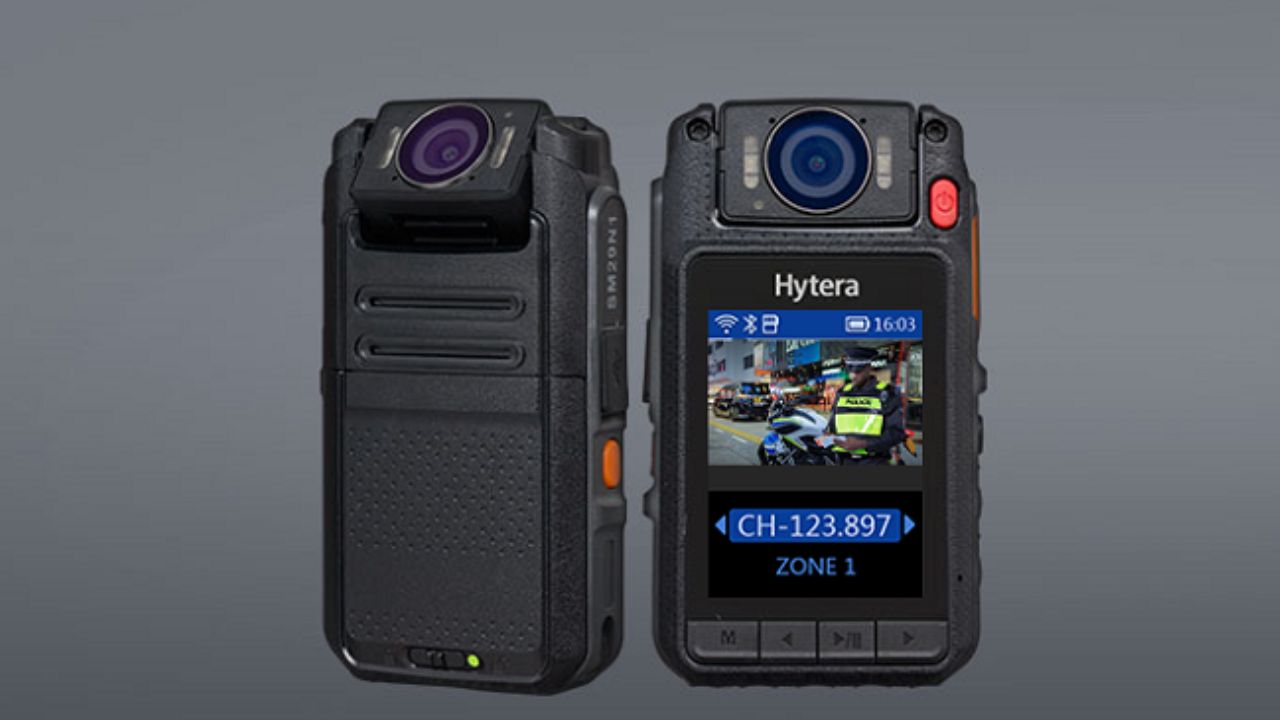Body-worn cameras affect community relations with the police in two ways. Positively, they lessen misbehavior claims, enhance behavior during contacts, and raise accountability, all of which help to build community and law enforcement confidence.
When authorities wear body cameras and are held accountable for their action, misbehavior by policemen can be decreased. To learn more about Hytera innovative body-worn camera solutions, visit their official website for detailed product information and features.
However worries about financial costs, selective recording, privacy, and data storage might have unfavorable effects and weaken these relationships. Maintaining a productive and healthy relationship between law enforcement and the community requires striking a balance between privacy and transparency.
How Can Body-Worn Cameras Be Used In Non-Law Enforcement Contexts?
Depending on the particular application, the usage of BWCs in a variety of non-law enforcement situations can improve recordkeeping, safety, accountability, transparency, and research possibilities. You must abide by all relevant rules and regulations because the use of BWCs may raise different consent and privacy problems depending on the setting.
Body-worn cameras are useful for a variety of non-law enforcement uses, improving accountability, safety, transparency, and recordkeeping in many domains. However, it is crucial to use these apps while being aware of privacy issues and regulatory requirements.
Body-worn cameras have the potential to become more and more important in improving transparency and data collecting in these various non-law enforcement contexts as technology develops.
Visualized Command and Dispatch:
For improved situational awareness, the body camera can broadcast live video to the Hytera HyTalk Sight (HHS). Law enforcement personnel can receive real-time feedback and direction from HHS, a command and dispatch system, by pulling voice and video from the body camera. Officer safety and effective law enforcement are ensured by the control center's ability to respond quickly thanks to the Visualized Command and Dispatch Solution.
Security and Private Protection:
BWCs can be used by security staff in private enterprises, retail establishments, and other businesses to record occurrences, ward off possible threats, and offer proof in the event of a disagreement or illegal activity.
Digital Evidence Collection and Management:
Body Adorned In the field, cameras record, store, and upload evidence for law enforcement authorities, including images, videos, and audio. Law enforcement agencies can benefit from the intelligent, effective, and secure assistance of Integrated Device Stations (IDS) for data collection, storage retention, and basic evidence management.
Emergency Services:
For the sake of documentation, training, and quality control, paramedics and firemen can record medical treatments, rescue operations, and other emergency circumstances while wearing BWCs.
Healthcare:
By using BWCs to record patient consultations, operations, and procedures, medical personnel can support training, research, and record-keeping.
Education:
By using BWCs to record classroom activities, instructors can capture behavior, student involvement, and instructional strategies for future teacher development projects or educational research.
Sports Coaching and Training:
Trainers and coaches in a variety of sports can use BWCs to assess performance, enhance tactics, and offer an athlete's point of view during training. BWCs can be used by customers for product reviews, everyday experience documentation, and personal vlogging.
Event Security:
BWCs can be used by security staff to keep an eye on crowds, handle security incidents, and record any disruptions or emergencies at sizable events like concerts and festivals.
Final Words
Body-worn cameras are useful in a variety of non-law enforcement situations and have a wide range of uses outside of law enforcement. These adaptable tools can improve research skills, safety, accountability, transparency, and documentation in a variety of businesses and professions. Nevertheless, while using body-worn cameras in these situations, it is imperative to be aware of permission, privacy concerns, and legal requirements.


